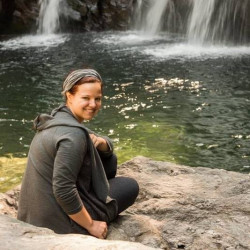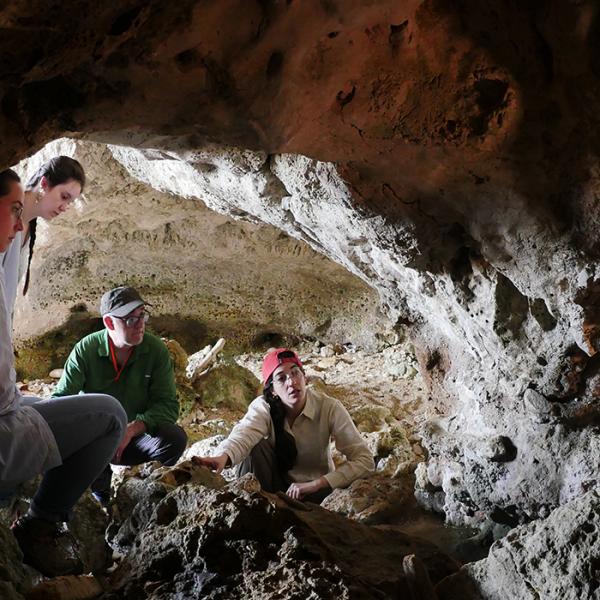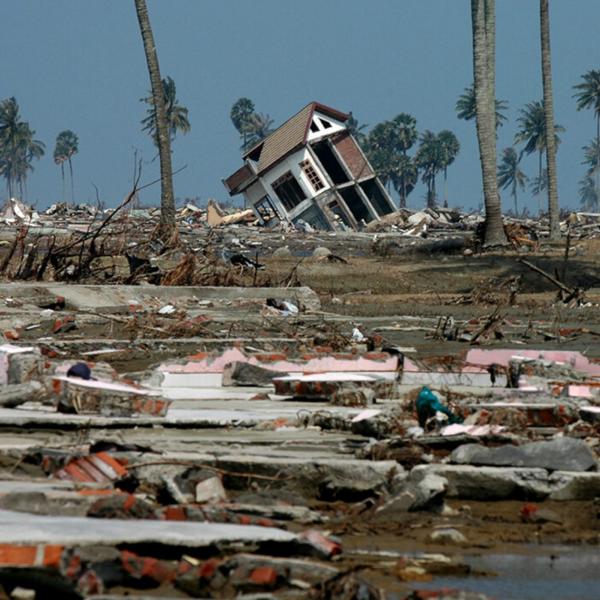Kate Farley
 My research interests fall broadly under the theme of environmental anthropology, and include extractive and post-extractive landscapes, the commodification of wild forest products, changing livelihoods in the Anthropocene, and imaginaries of wilderness and rural life in American culture. I work in the mountains of central Appalachia, which is home to extremely high forest biodiversity and stunning natural beauty as well as commercially valuable natural resources including timber, coal, and natural gas. Historically the region’s economy has been dominated by coal mining and other extractive industries, yet today the coal industry is in decline. For some, the “wilderness” of Appalachia can provide a new source of livelihoods through tourism, hunting and fishing, or foraging for valuable wild plants such as ramps (Allium tricoccum) and ginseng (Panax quinquefolius). How do these engagements with the Appalachian “wilderness” deal with or are limited by the environmental degradation that extractive industries have caused in the mountain landscape? What kinds of tensions and contestations are experienced by those trying to create an economically and environmentally sustainable future in Appalachia?
My research interests fall broadly under the theme of environmental anthropology, and include extractive and post-extractive landscapes, the commodification of wild forest products, changing livelihoods in the Anthropocene, and imaginaries of wilderness and rural life in American culture. I work in the mountains of central Appalachia, which is home to extremely high forest biodiversity and stunning natural beauty as well as commercially valuable natural resources including timber, coal, and natural gas. Historically the region’s economy has been dominated by coal mining and other extractive industries, yet today the coal industry is in decline. For some, the “wilderness” of Appalachia can provide a new source of livelihoods through tourism, hunting and fishing, or foraging for valuable wild plants such as ramps (Allium tricoccum) and ginseng (Panax quinquefolius). How do these engagements with the Appalachian “wilderness” deal with or are limited by the environmental degradation that extractive industries have caused in the mountain landscape? What kinds of tensions and contestations are experienced by those trying to create an economically and environmentally sustainable future in Appalachia?



